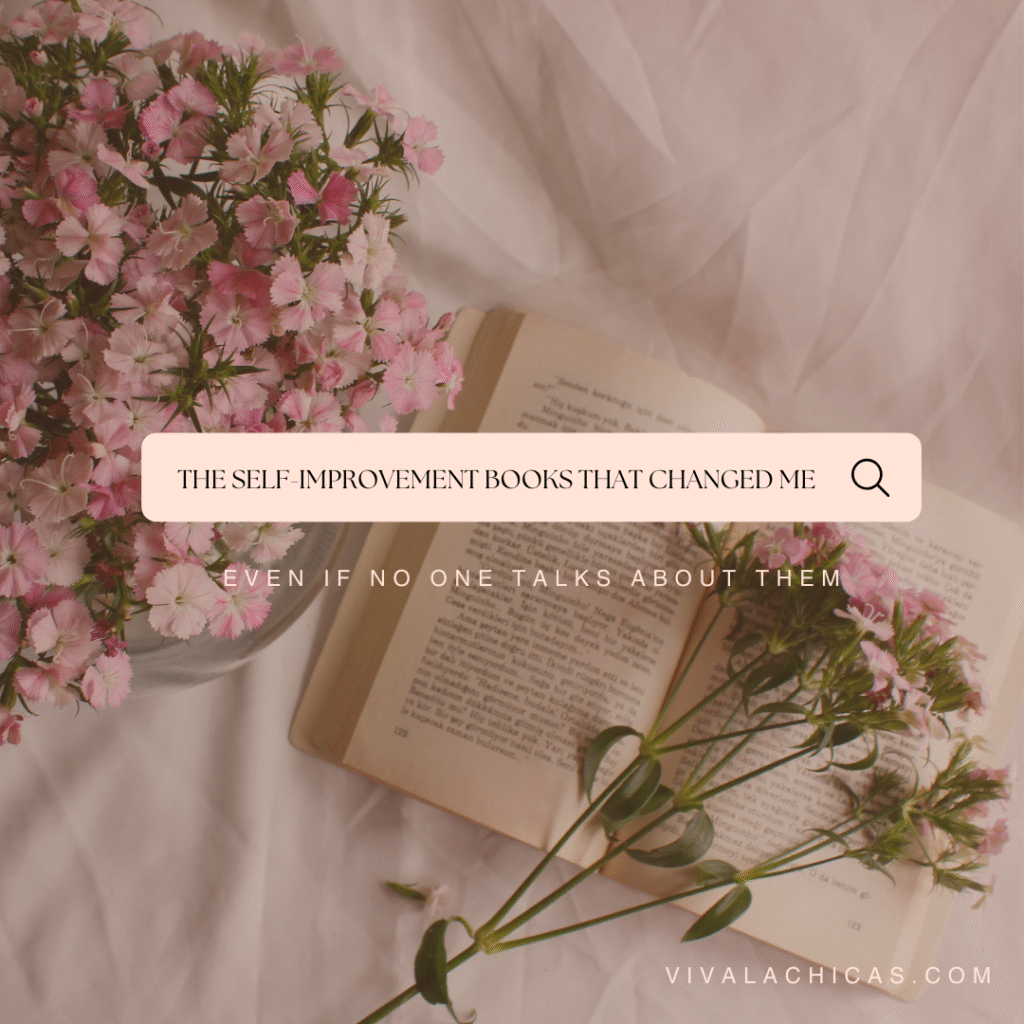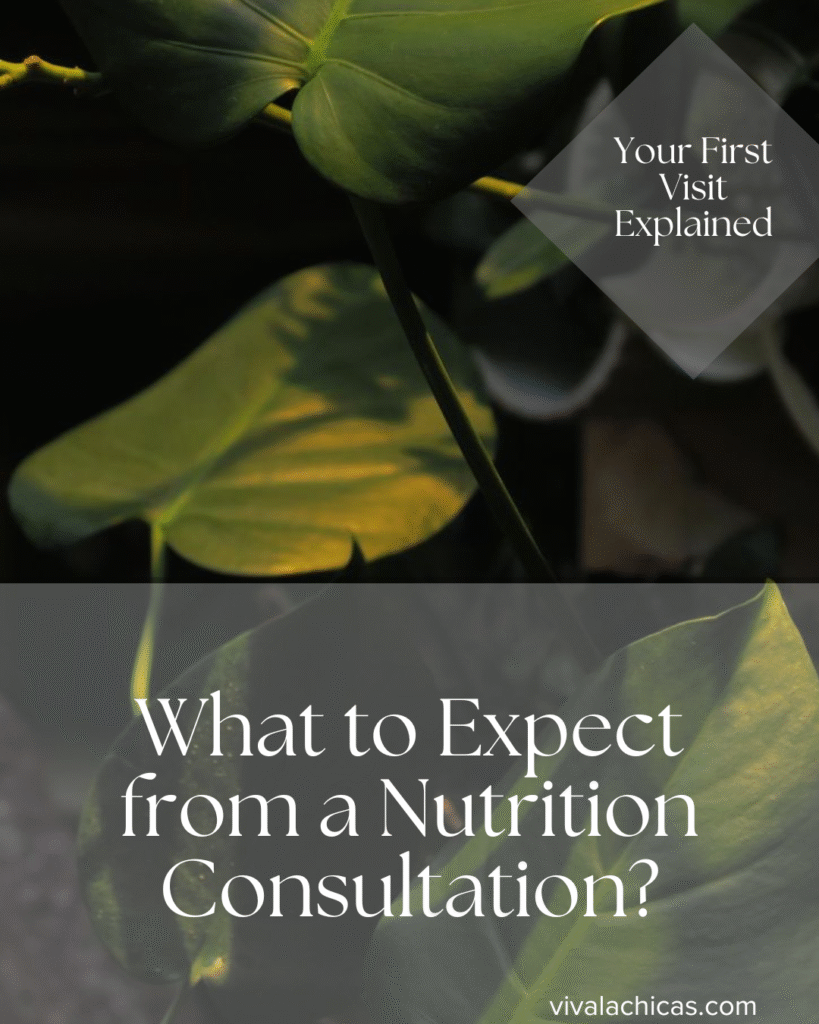These books didn’t “fix” me — they gave me language for feelings I couldn’t name. That’s what real healing started to look like.
Introduction: The Books That Found Me When I Needed Them Most
For most of my life, I thought healing meant “getting over it.” I used to believe that once I had enough insight or willpower, the anxiety, loneliness, and confusion would just disappear. But real healing, I learned, doesn’t shout. It whispers. It happens slowly, in pages that mirror your pain and quietly hand you the words you didn’t know you needed.
These seven books didn’t promise solutions. What they did offer was something much more lasting: a shift in how I see myself. Each of them opened a door into parts of my mind I didn’t know were there. They helped me name emotions I used to ignore, and more importantly, gave me permission to feel them fully. If you’re on your own mental health journey, these reads may not “fix” you either—but they might help you feel less alone, and a little more seen.
They’re more than just books—they’re transformative mental health reads that helped me reconnect with myself.
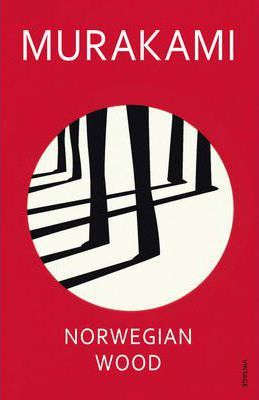
1. Norwegian Wood by Haruki Murakami
This novel met me at a time when loss felt too big to name. Murakami doesn’t glamorize grief—he lets it settle into the pages like fog. The story of Toru and Naoko helped me realize that depression isn’t always loud or visible. Sometimes, it’s just the ache of waking up in a world that feels slightly out of tune. There’s a moment in the book that said, in better words than I ever could, “You’re not broken, you’re just carrying something heavy.”
It also made me reconsider the kinds of stories we think are worth telling. There is beauty in quiet sadness, and value in the internal struggles many people carry silently. I saw parts of myself in those silences. This was one of the first books that truly changed my mental health perspective.
2. Loneliness on the Net by Janusz L. Wiśniewski
This book made me feel seen in a way that no therapist ever had. It put modern loneliness into words so sharp and beautiful, it almost hurt. The story of two strangers connecting in a sea of digital isolation reminded me how deeply we all crave real connection. Even if it’s imperfect. Even if it’s fleeting. I read this and thought, “Finally, someone gets it.”
It also forced me to rethink how I connect with others—online and offline. Sometimes the most meaningful conversations happen in unexpected ways. This novel reminded me that vulnerability isn’t a weakness; it’s the thread that holds people together. It felt like reading a personal story in mental health literature that mirrored my own.
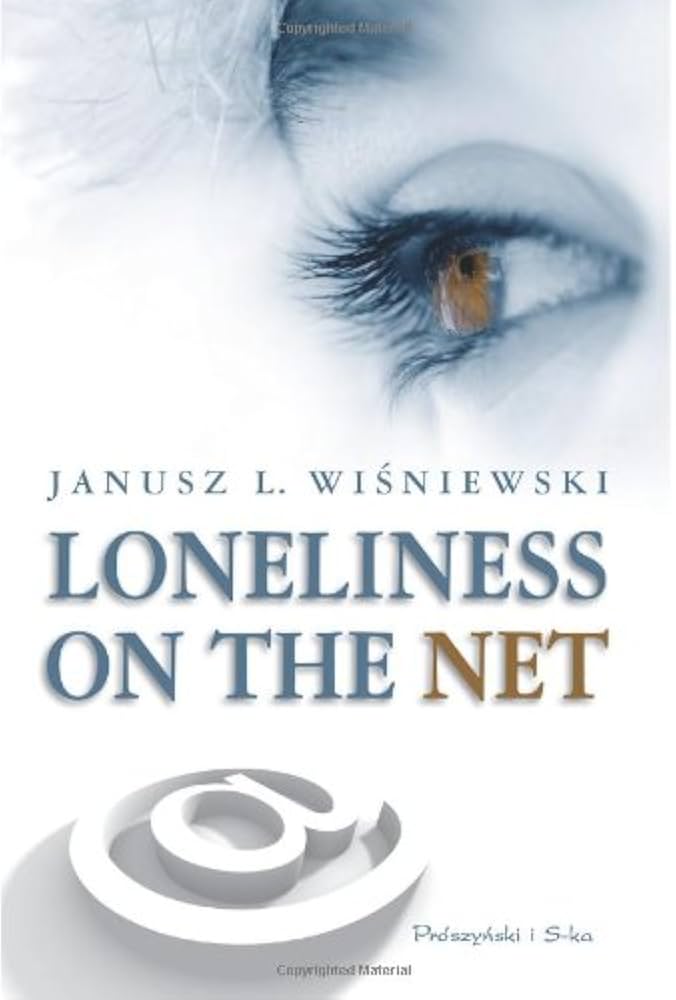
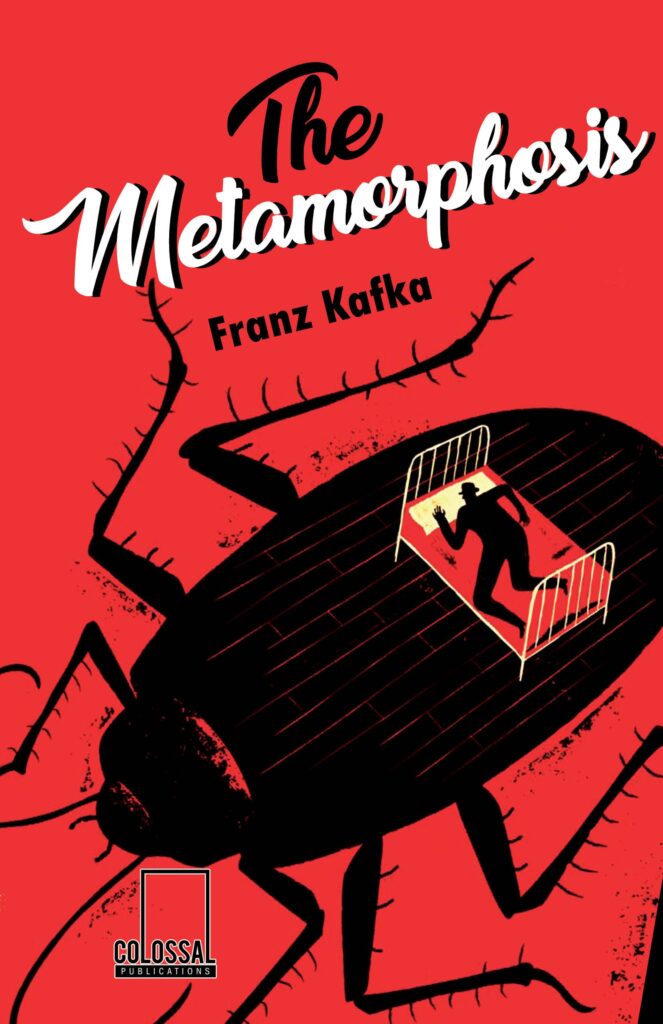
3. The Metamorphosis by Franz Kafka
Gregor Samsa wakes up as a bug, and somehow, I saw myself in him. The feeling of being a burden, the fear of being rejected for who you truly are—Kafka laid it bare. It made me reflect on how often we judge people for the shape they take instead of the pain they carry. This book gave me more empathy, not just for others, but for the parts of myself I usually hide.
There’s a scene where Gregor hears his family’s footsteps outside his room, and the way he internalizes their rejection broke me. It helped me realize how easy it is to feel unwanted, even when people don’t mean to cause harm. That kind of alienation is something many people with mental health struggles know too well. This powerful book about self-worth and healing stayed with me long after I finished it.
4. The Sun Also Rises by Ernest Hemingway
I didn’t expect to love this book. But something about the aimlessness, the constant movement to outrun emotion, hit home. The “lost generation” felt a lot like my twenties: chasing meaning, faking okay-ness, trying to belong. It reminded me that you can be surrounded by people and still feel adrift—and that doesn’t make you weak.
The novel gave me language for something I hadn’t named yet—emotional exhaustion. Sometimes survival looks like filling your calendar just to avoid stillness. And Hemingway captured that energy with surprising honesty. It’s one of those mental health journey books that shows how healing often begins with awareness.
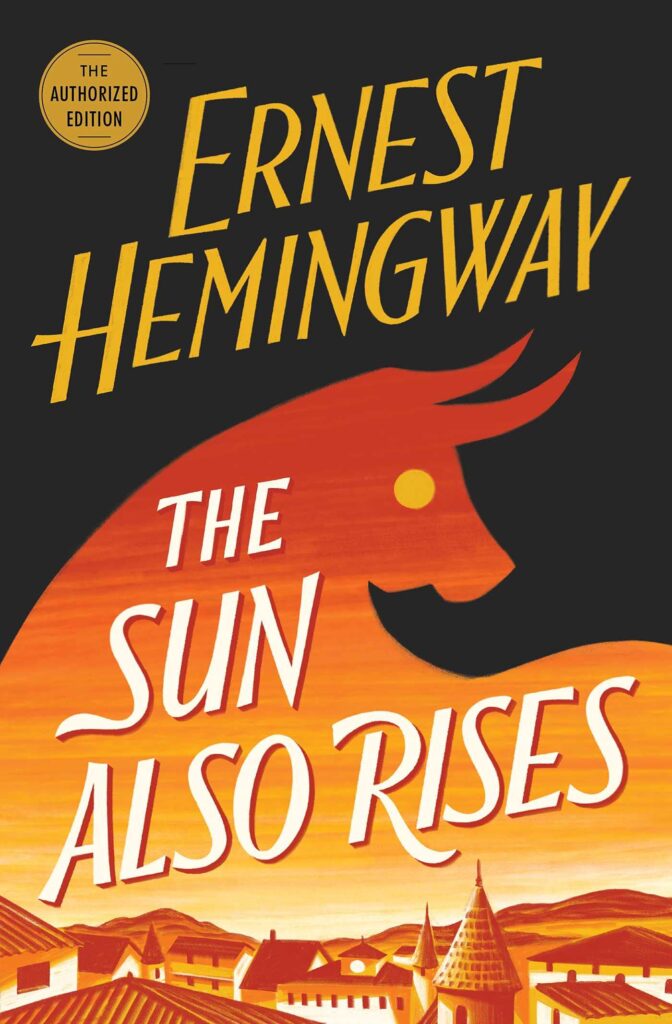
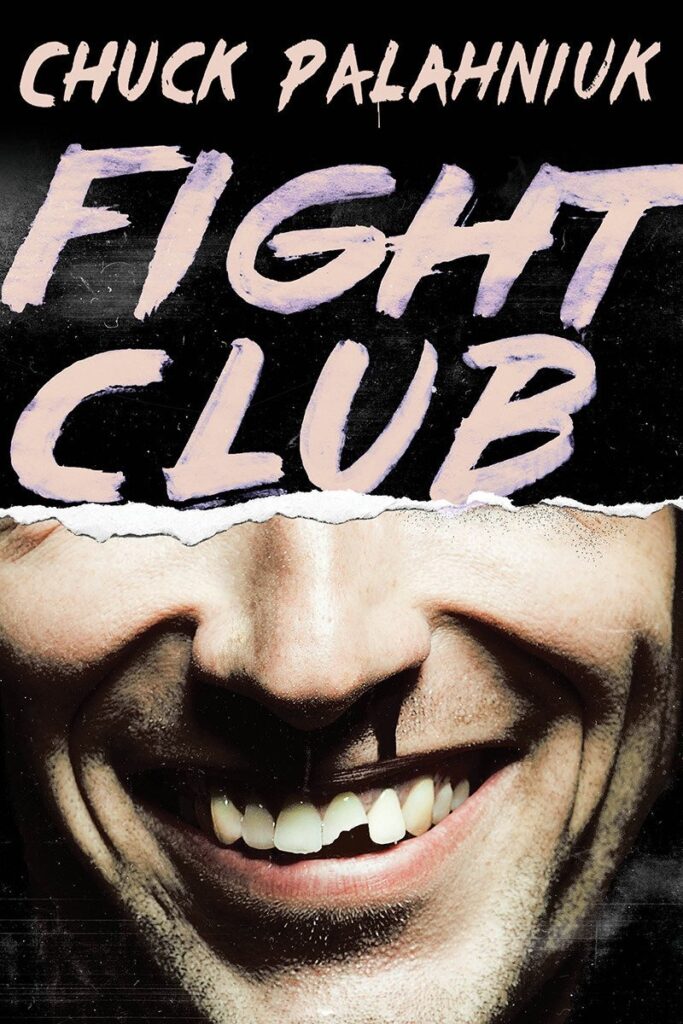
5. Fight Club by Chuck Palahniuk
Yes, it’s chaotic. But it’s also brutally honest. This book shook me in the best way. It asked uncomfortable questions about identity, purpose, and what it means to be “whole.” I related more than I expected to the narrator’s split self—the conflict between the version of myself I showed the world and the one I hid. Sometimes anger isn’t something to run from. It’s the start of a conversation.Fight Club helped me recognize how much of myself I built around what I thought I should be. It’s raw, messy, and unsettling—but sometimes that’s exactly the energy we need to start tearing down unhealthy patterns. It’s a transformative mental health read that dares to look at the mess and say, “There’s something here worth understanding.”
6. The Elegance of the Hedgehog by Muriel Barbery
This one felt like being hugged by a book. It told the story of two characters who live quietly on the margins, hiding their intelligence and pain. It made me think about how many of us disguise our brilliance because we’re scared of being misunderstood. This novel reminded me that connection can come from the most unexpected places.
The writing is gentle but profound, full of tiny insights that make you pause. It reminded me that even people who seem quiet or distant have entire worlds inside them—and that includes me. That truth helped me accept the parts of myself I used to think were “too much” or “too weird.” Among the books that helped me understand myself, this one stands out.
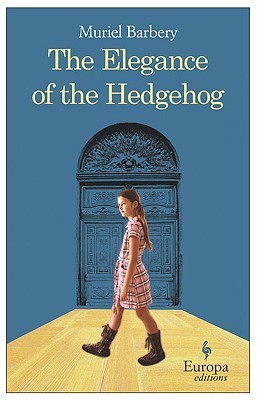
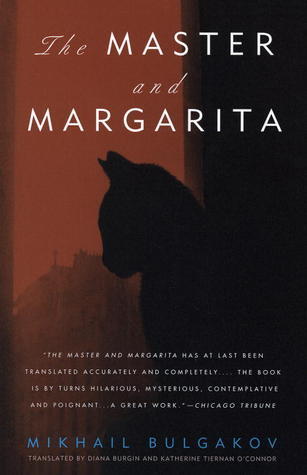
7. The Master and Margarita by Mikhail Bulgakov
Wild, surreal, and unforgettable. This story made me question what’s real and what matters. Between talking cats and shadowy devils, there’s a deep exploration of truth, love, and spiritual courage. It expanded my sense of possibility—like maybe healing doesn’t have to be neat or logical. Maybe it can be a little weird, a little magical.
This book made me more open to paradox. It reminded me that stories can be confusing and beautiful at the same time. And healing, too, can be both strange and meaningful without fitting into any tidy category. It’s an incredible example of healing through books in an imaginative, awe-filled way.
Before we wrap up, if you love introspective reads that changed someone’s inner world, you might also enjoy my post on self-improvement books that changed me.
Conclusion: Books as Mirrors, Not Maps
These books didn’t give me answers. They gave me reflection. In them, I saw my fears, my longings, my messiness. And little by little, they helped me hold all of it with more softness.
They also taught me that it’s okay to change your mind. To grow out of old identities. To revisit pain without shame. The words on these pages helped shape new versions of me.
If you’ve read something that cracked you open in the best way, I’d love to hear it. Drop it in the comments below—let’s build a shelf of stories that help us feel seen.
